
The Ghana National Education Campaign Coalition (GNECC) says the double track system the government intends to implement as part of the free Senior High School (SHS) programme requires a broader consultation.
It said communication on the roll out, so far, was inadequate, conflicting and full of political innuendos and that the government must be "mindful of history of failures associated with securely packaged policies."
To enable stakeholders understand government's approach well and offer suggestions to make it robust, the coalition called on the government to make available a validated policy document.
"A policy that affects millions requires broad-based consultation with teachers who will be implementers as well as parents and students who are directly affected by such policies."
"Once it is a public policy, you cannot take out the engagement. I do not know how you can do it without the beneficiaries", the Executive Council Chairman of GNECC, Bright Appiah, said, at a press conference in Accra yesterday.
The government has announced that it would, in September this year, implement a double-track system, where some students would be in school while others would be on vacation.
This is to cater for increased enrolment in SHS to sustain the free SHS programme due to a deficit in infrastructure.
Though the move has been widely criticized for lack of consultation and clarity, the government has defended its intention, allaying public fears that it would affect the quality of education.
Even if the government would implement the system, Mr Appiah said international best practices in social policies required a level of piloting to be sure that what was on paper worked with minimal unintended negative outcomes.
In view of this, he advised the government to pilot the policy for at least an academic year, after which the basis for the eventual nationwide rollout would be established.
"The fact that similar policies worked in the United States, Japan and Germany does not mean it will automatically work in Ghana" he said and urged the ministry of education to be open minded and not defensive on the matter.
Mr Appiah said a research conducted by the coalition on quality issues in the free SHS programme in 60 schools across the country revealed widespread issues congestion.
He recommended that the Ministry of education devise a strategy to reduce the number of boarding students to 30 per cent and increase the number of day students to 70 per cent by 2020 as the current 70 per cent boarding system is too expensive and unsustainable.
In view of this, he said the Ministry should place in boarding houses, only students who live in communities from where the nearest SHS is not easily accessible on a daily basis.
He recommended that 10 per cent of SHS were converted into model schools where those willing to access boarding secondary education could pay in full and access accordingly.
Read Full Story
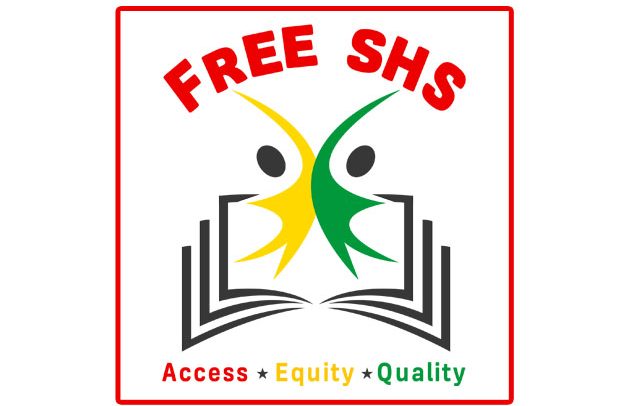
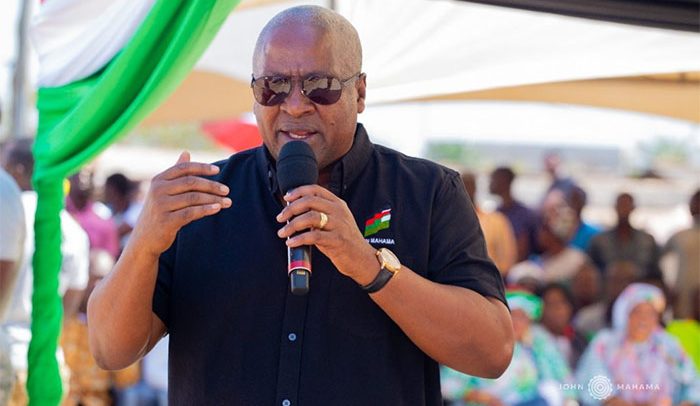
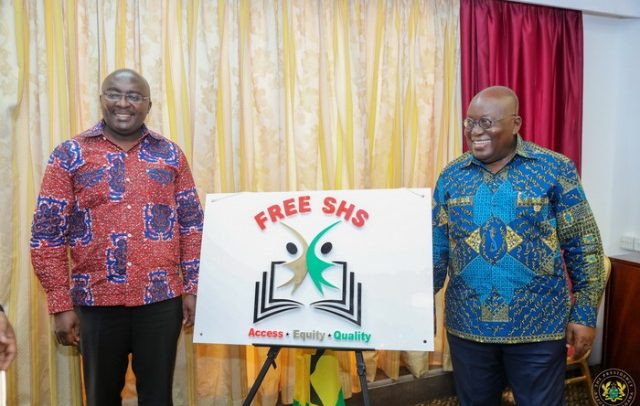
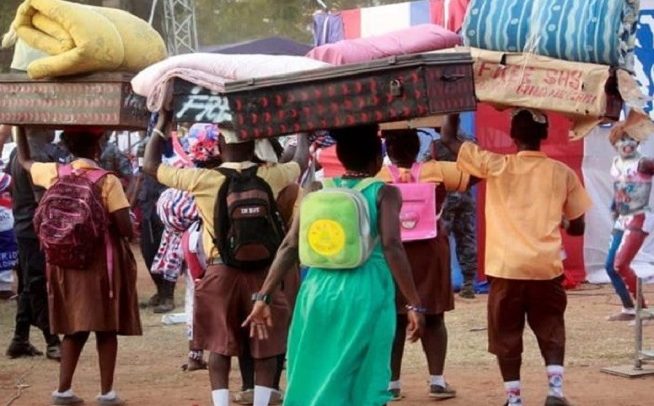


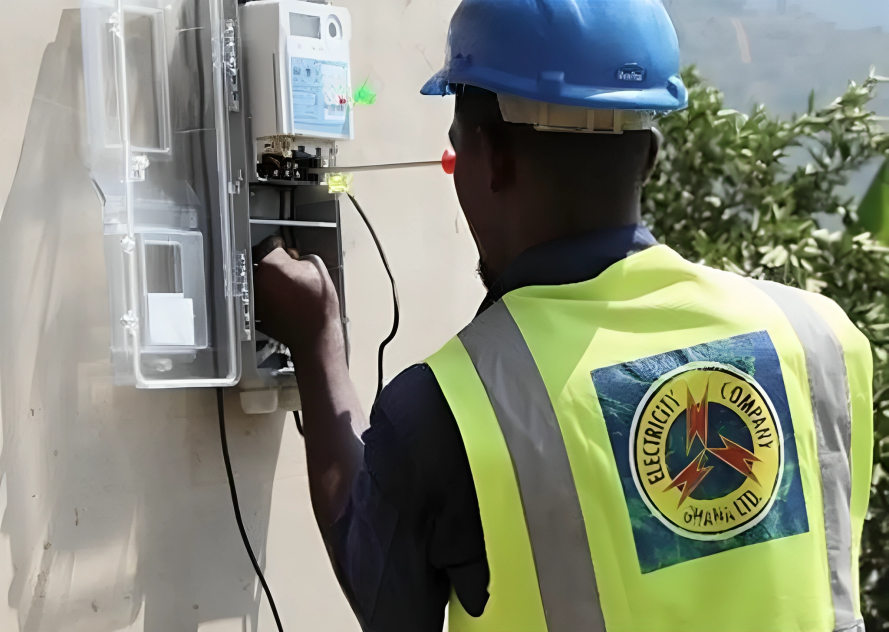

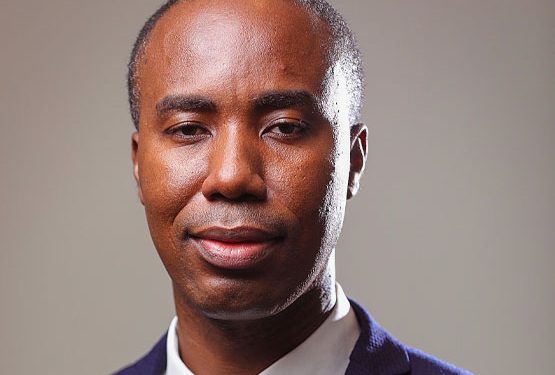



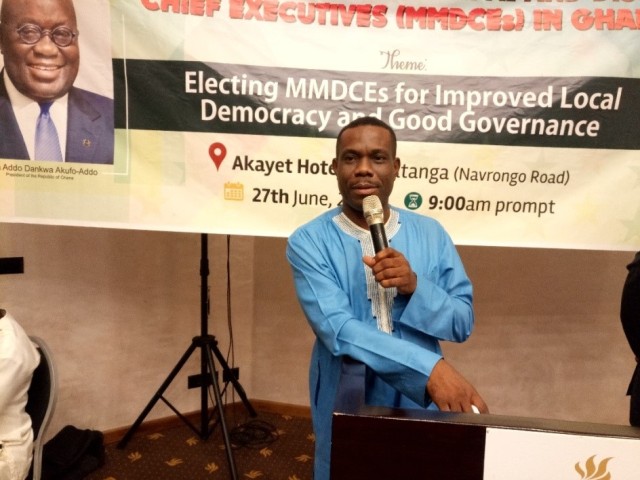


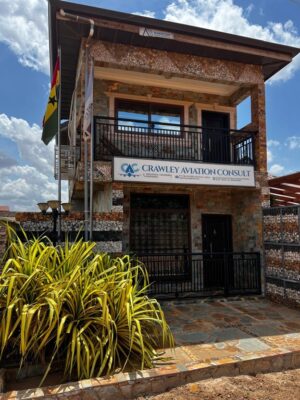
Facebook
Twitter
Pinterest
Instagram
Google+
YouTube
LinkedIn
RSS